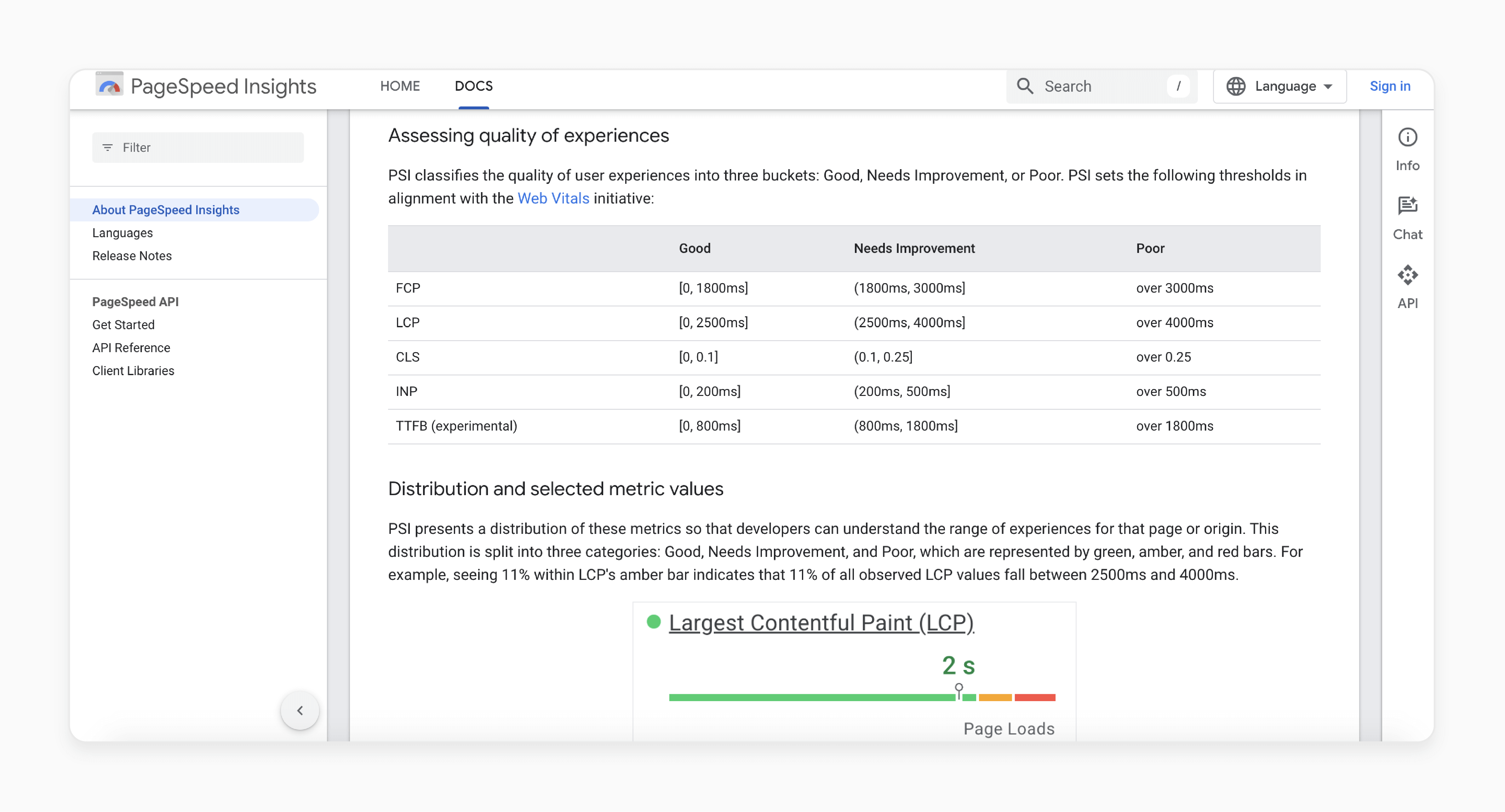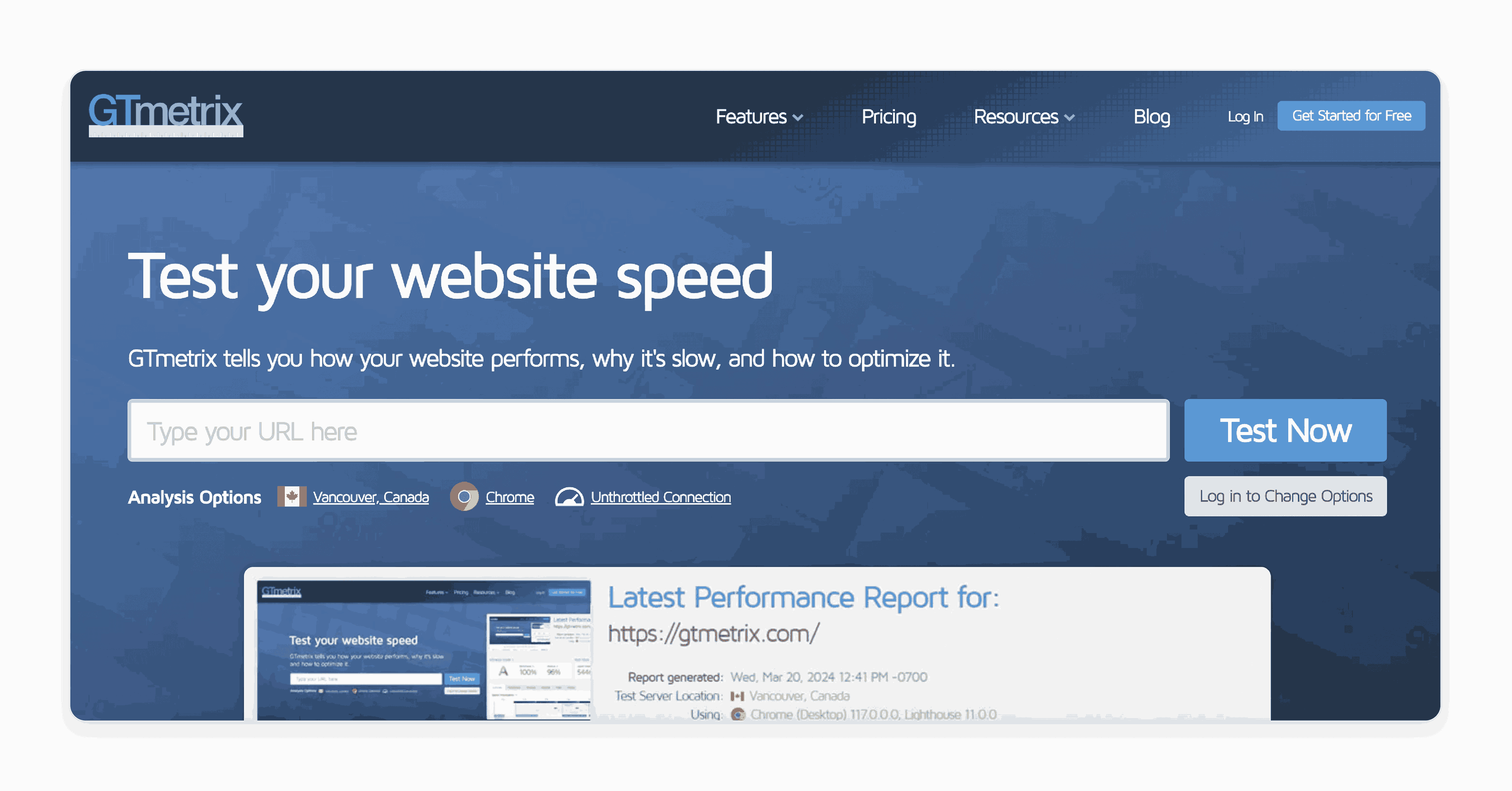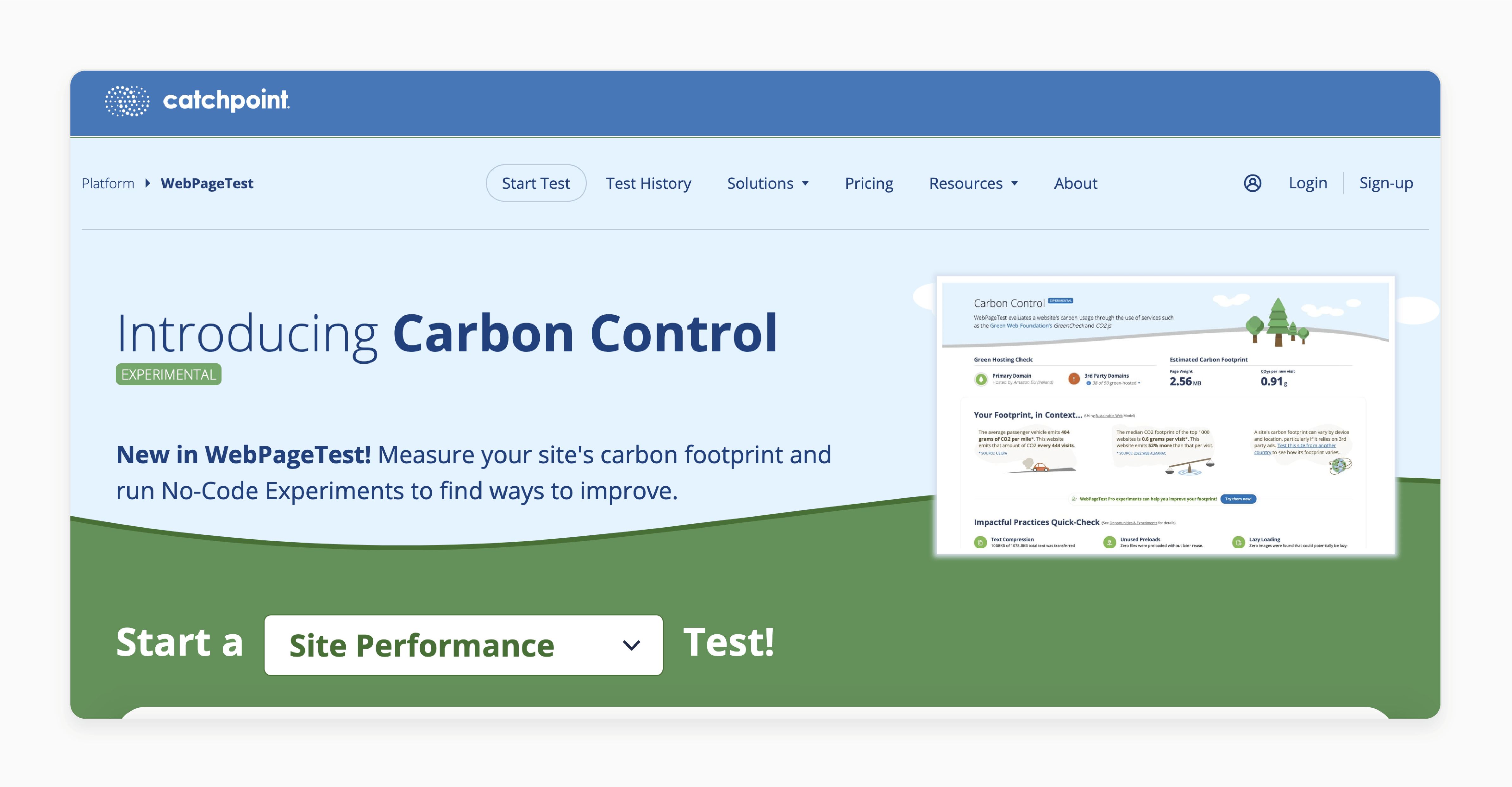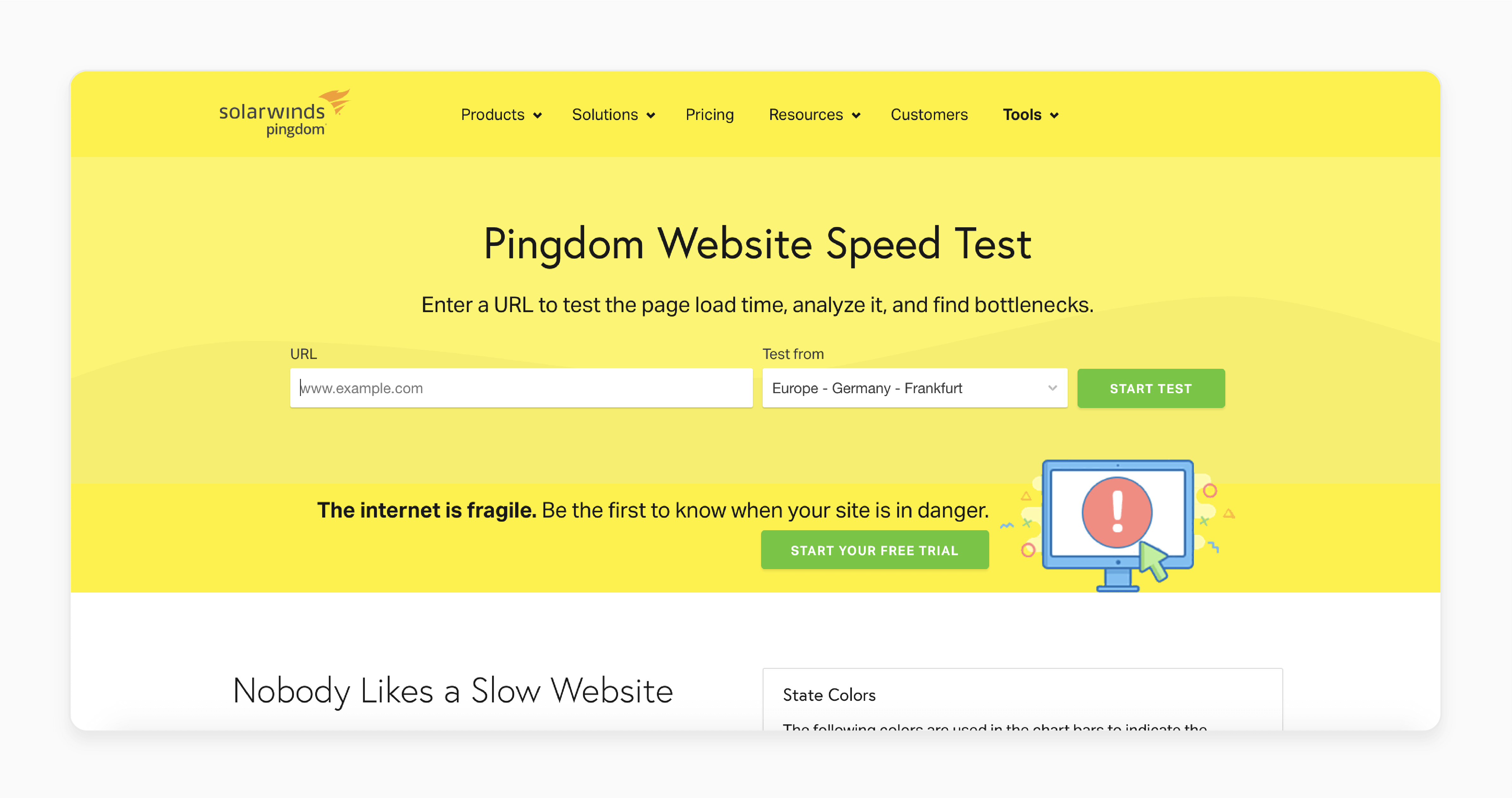
Magento 2 Speed Test: Performance Testing Tools and Strategies
Is your Magento 2 store slow compared to others? Magento 2 Speed Test is the solution you need to identify and fix performance issues. It assesses the performance of your Magento 2 website, providing insights into areas that need improvement.
This article will cover how to conduct effective Magento 2 speed tests. We will explore various testing tools and optimization strategies.
Key Takeaways
-
Magento 2 speed tests are key for finding ecommerce performance issues, fixing slow spots and improving load times.
-
Tools like Google PageSpeed Insights, GTmetrix, WebPageTest, and Pingdom offer detailed analysis and tips for Magento 2 speed.
-
Knowing metrics such as TTFB, LCP, and CLS helps pinpoint where to improve.
-
Strategies like fast hosting, the latest Magento 2 version, and caching can greatly improve site speed.
-
Improving Magento 2 speed means better user experience, more conversions, and higher SEO rankings.
Why are Magento 2 Speed Tests Critical for Ecommerce Success?
Magento 2 speed tests help assess and improve website performance. It directly impacts user experience. It also affects sales. Website speed is a key factor in ecommerce. Even a 1-second delay in page load time can lead to a 7% reduction in conversions. Speed tests help pinpoint various issues. These include:
-
Slow database queries
-
Unoptimized images
-
Inefficient code
Identifying these problems allows you to address them effectively. This results in a smoother, faster shopping experience. A faster site keeps customers engaged. It also increases conversion rates. Slow-loading pages can lead to higher bounce rates and lost sales. Magento 2 speed tests allow store owners to identify and address performance issues. These tests measure various aspects of website performance:
-
Page load time
-
Server response time
-
Time to first byte
-
Page size
-
Number of HTTP requests
Regular speed testing helps maintain optimal site performance. It allows for early detection of issues that may arise from code changes, new extensions, or increased traffic.
4 Top Performance Optimization Tools For Website Speed
1. Google PageSpeed Insights

-
Google PageSpeed Insights is a powerful tool for analyzing Magento 2 speed and Core Web Vitals.
-
It provides separate performance scores for mobile and desktop versions of your site.
-
Google Page Speed gives a score from 0 to 100. It tests how fast your site loads on a Moto G4, just like Google does.
-
The tool gives tips to make your Magento store faster, like reducing server time, making files smaller, and improving caching.
-
The tool offers detailed optimization suggestions to improve your website's speed.
-
By following these recommendations, you can enhance your search engine rankings and overall user experience.
2. GTmetrix

-
GTmetrix generates comprehensive Magento 2 speed test reports. These reports include actionable recommendations for improving your site's performance.
-
It shows visual reports on speed, top issues, page details, browser timings, and a waterfall chart.
-
You can track your website load testing over time and share reports easily. The tool provides performance scores and load time analysis.
-
These metrics allow you to identify specific areas for improvement.
-
GTmetrix also enables you to compare your site's performance with competitors. This comparison gives you valuable insights into your market position.
3. WebPageTest

-
WebPageTest offers the unique ability to test Magento 2 speed from multiple locations and browsers. This feature helps you understand how your site performs for users in different geographical areas.
-
You can set up your test conditions and get detailed reports on your site's performance.
-
It runs three tests at once, helping you spot any issues and areas to improve. The tool provides detailed waterfall charts for resource loading.
-
These charts allow you to pinpoint specific elements that may be slowing down your site.
-
WebPageTest also offers advanced testing options. It allows you to simulate various network conditions.
4. Pingdom

-
Pingdom conducts swift Magento 2 speed tests using servers located around the globe. It gives a performance score, ranking, and detailed metrics in an easy-to-understand report.
-
It's great for both beginners and web developers, offering clear instructions and insights.
-
This tool provides performance grades and load time analysis, giving you a clear picture of your site's speed.
-
Pingdom offers specific suggestions for improving your site's performance.
-
It allows for continuous monitoring. It enables you to track your site's speed over time. You can quickly identify any performance issues.
-
Continuous monitoring helps maintain optimal Magento 2 performance.
What are the Performance Testing Metrics?
1. Time to First Byte (TTFB):
-
TTFB measures the time from the client's request to the first byte of the server response.
-
It indicates server responsiveness for Magento 2 sites.
-
Low TTFB values show a fast-responding server.
-
A quick TTFB means your server is fast and efficient. It should be under 0.8 seconds for the best performance.
-
High TTFB can result from:
-
Server configuration issues
-
Network problems
-
Slow database queries
-
2. Largest Contentful Paint (LCP):
-
LCP measures the time for the largest content element to appear in the viewport.
-
It affects user perception of Magento 2 page load speed.
-
A quick LCP means users can quickly see your main content. Aim for an LCP of 2.5 seconds or less for a great user experience.
-
Factors affecting LCP include:
-
Server response time
-
Render-blocking resources
-
Resource load time
-
3. Cumulative Layout Shift (CLS):
-
CLS quantifies the visual stability of a Magento 2 page.
-
It measures unexpected layout shifts during page loading.
-
A low CLS score indicates a stable page load experience.
-
A high CLS can annoy users, making them click on the wrong things or lose their place. Aim for a CLS score of 0.1 or less for a stable experience.
-
High CLS can result from:
-
Images without dimensions
-
Dynamically injected content
-
Web fonts causing FOIT/FOUT
-
Speed Optimization Strategies For Magento 2 Website
| Strategy | Details |
|---|---|
| Choose High-Performance Magento 2 Hosting | • Select hosting optimized for Magento 2 performance • Look for providers offering solid-state drives (SSDs) • Ensure adequate server resources for your store's needs • Consider dedicated hosting for high-traffic Magento 2 sites |
| Update to the Latest Magento 2 Version | • Regularly update your Magento 2 installation • New versions often include performance enhancements • Stay current with security patches and bug fixes • Test your site thoroughly after each update |
| Implement Caching Solutions | • Use Redis for session and cache storage • Implement Varnish as a full-page cache • Enable built-in Magento 2 caching features • Regularly clear and refresh caches for optimal performance |
| Optimize Magento 2 Images and Media | • Compress images without losing quality • Use appropriate file formats (JPEG for photos, PNG for graphics) • Implement lazy loading for images • Utilize a content delivery network (CDN) for media files |
| Minify CSS and JavaScript Files | • Enable built-in Magento 2 minification features • Use third-party tools for advanced minification • Combine multiple CSS and JavaScript files • Remove unused CSS and JavaScript code |
| Enable Gzip Compression | • Activate Gzip compression on your server • Compress HTML, CSS, JavaScript, and other text-based files • Reduce file sizes to improve page load times • Ensure compatibility with all major browsers |
| Monitor Magento 2 Speed Regularly | • Use tools like Google PageSpeed Insights for regular checks • Implement New Relic or similar performance monitoring solutions • Set up alerts for performance degradation • Analyze server logs for performance bottlenecks |
| Set Up Recurring Magento 2 Speed Tests | • Schedule automated speed tests using tools like GTmetrix • Compare results over time to track improvements • Identify recurring performance issues • Adjust optimization strategies based on test results |
FAQs
1. What is Magento 2 speed optimization?
Magento 2 speed optimization is an important process. It aims to improve the performance of a Magento 2 website. This optimization enhances the loading speed of the site. As a result, it provides a better user experience. It also helps to improve search engine rankings.
2. How can I test the speed of my Magento site?
You can test the speed of your Magento site using various tools. These include GTmetrix, Pingdom, and Google PageSpeed Insights. These tools analyze different performance metrics. They help identify areas where your site can improve. Regular testing allows you to track your site's performance over time.
3. What are some strategies for Magento 2 speed optimization?
Strategies for Magento 2 speed optimization are diverse. They include minimizing HTTP requests. Enabling caching is another key strategy. Optimizing images can significantly improve load times. Using a content delivery network (CDN) helps distribute content efficiently. Ensuring efficient coding practices is also necessary for speed optimization.
4. Why is performance testing important for Magento websites?
Performance testing is essential for Magento websites. It helps assess their ability to handle user traffic. It identifies bottlenecks in the system. It also aids in optimizing the site for faster loading speeds. Ultimately, it contributes to creating a seamless user experience.
5. Which tools can I use to test the speed of my Magento site?
Some tools you can use to test the speed of your Magento site include GTmetrix, Pingdom, WebPageTest, Google PageSpeed Insights, and Magento Performance Toolkit.
6. How can I speed up my Magento 2 website?
You can speed up your Magento 2 website through several methods. Optimize images for faster loading. Enable caching to improve response times. Minimize the use of external scripts. Choose a fast web hosting provider. Regularly monitor your site's performance. Continuously optimize based on performance data.
7. What is load testing in the context of Magento performance?
Load testing involves simulating various levels of user traffic on a Magento website. This process evaluates the site's performance under different load conditions. It aims to ensure that the website can handle the expected number of concurrent users. The goal is to identify and prevent performance issues before they affect real users.
Summary
Magento 2 speed testing implements proven optimization strategies to ensure your store loads fast. It keeps customers engaged and drives sales. This article covers several points, including:
-
Regularly conduct Magento 2 speed tests. Use powerful tools for this purpose. These tools include Google PageSpeed Insights, GTmetrix, WebPageTest, and Pingdom.
-
Focus on critical speed metrics such as TTFB, LCP, and CLS. These metrics pinpoint areas for improvement.
-
Optimize your Magento 2 store's speed effectively. Choose high-performance hosting for your site.
-
Monitor your store's speed regularly and set up recurring tests. It helps track improvements and ensures your optimization efforts are paying off.
Explore managed Magento hosting services to improve performance with speed testing.




